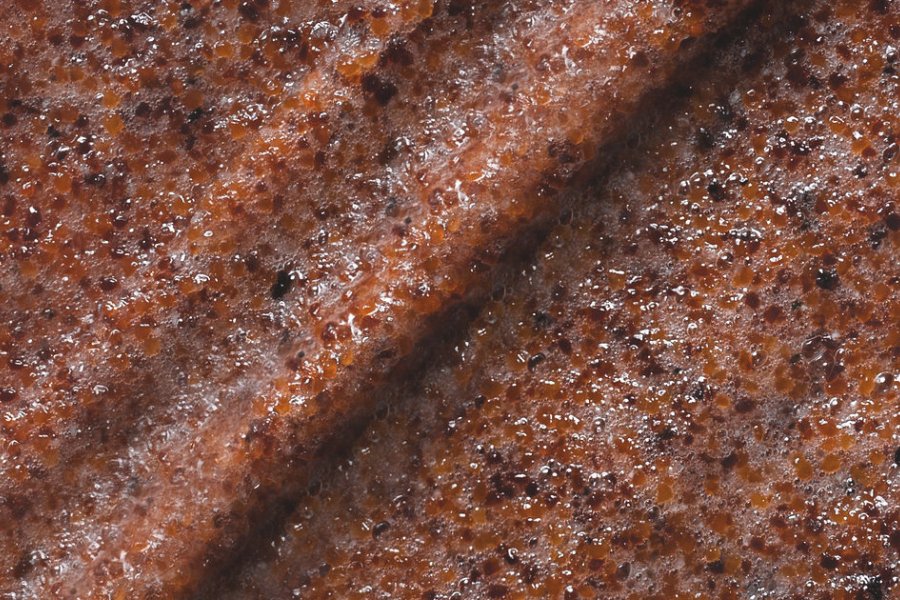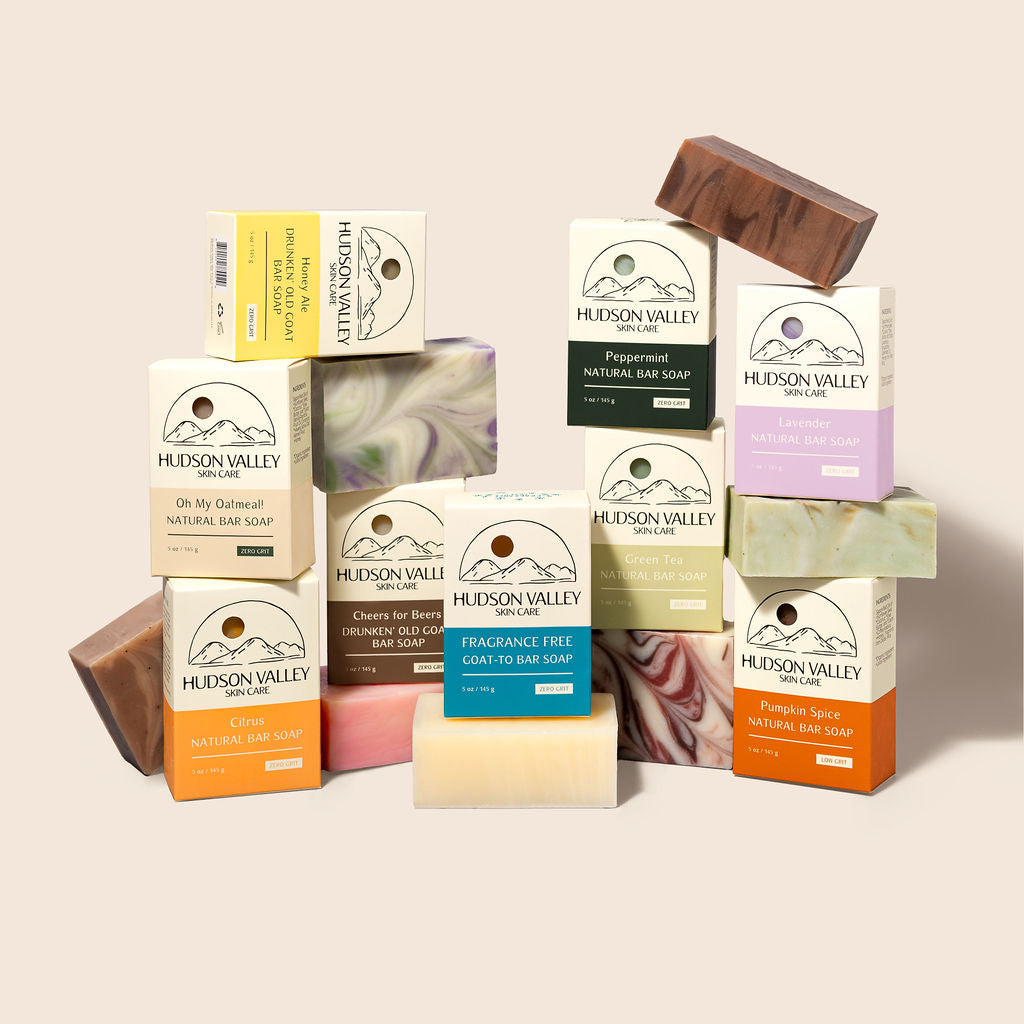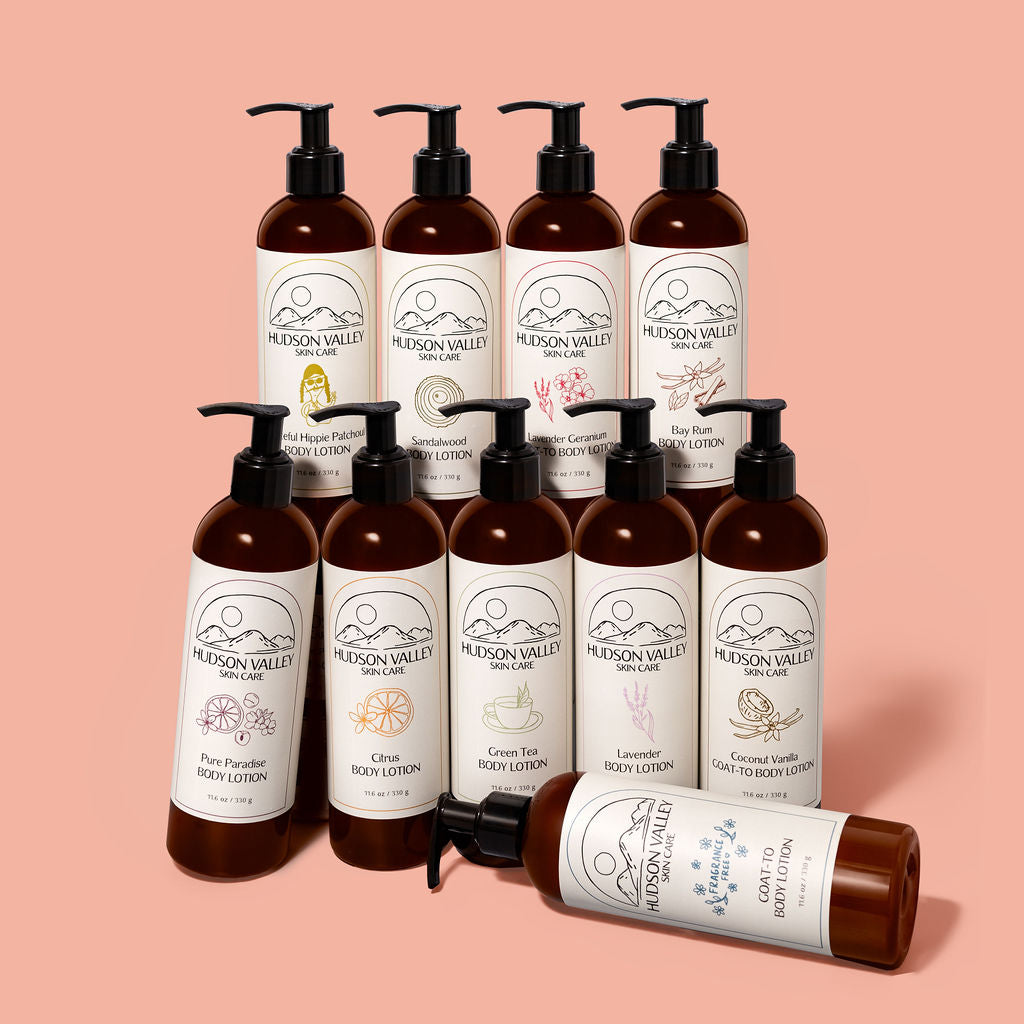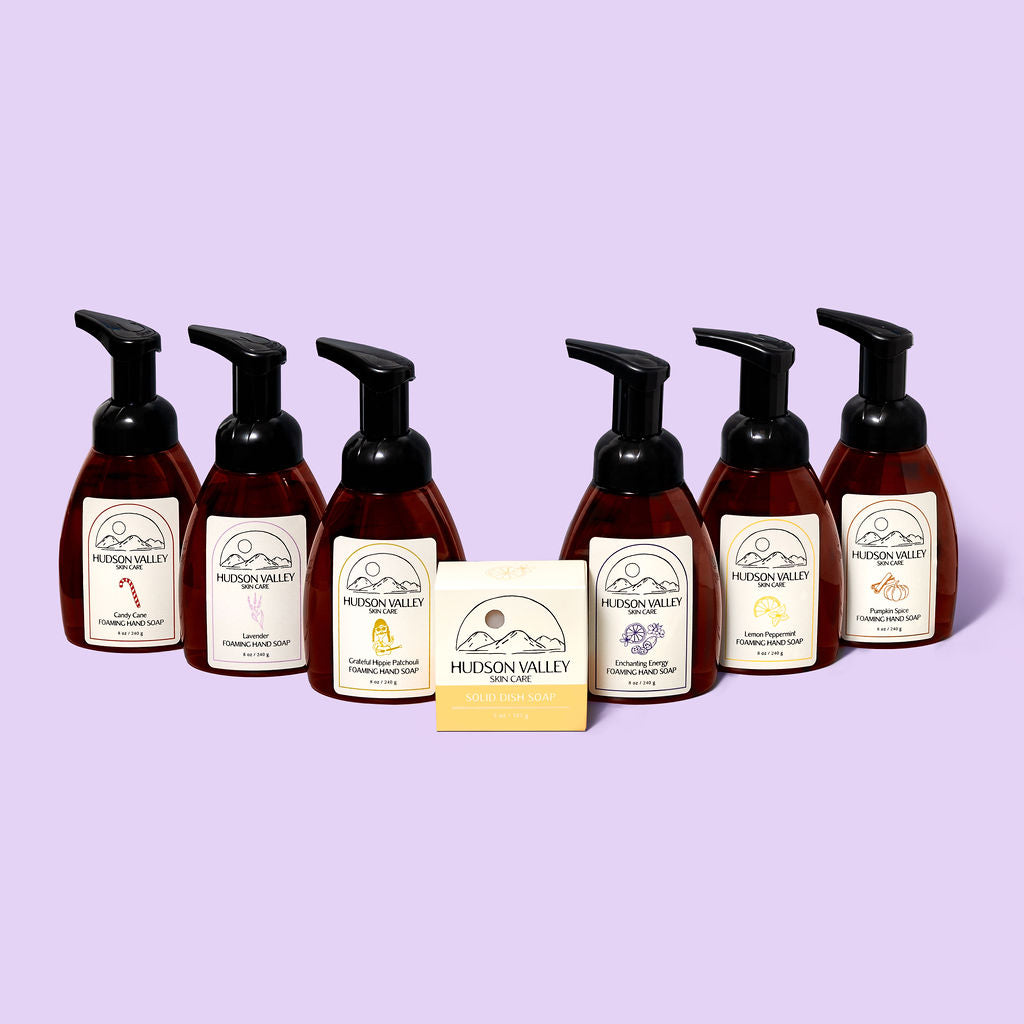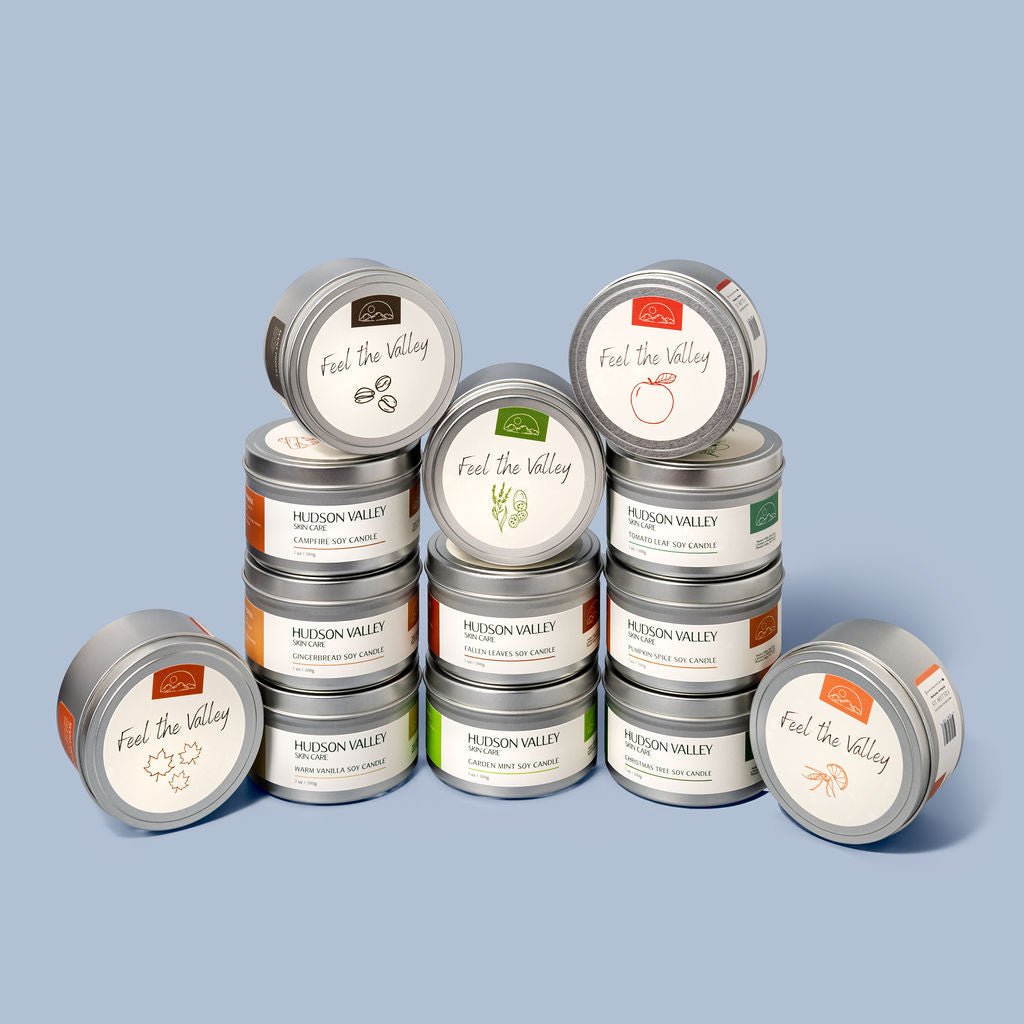We lose millions of skin cells daily, but that can build up quickly. As you age, the skin cell turnover rate starts to slow. That buildup of dead skin cells stops the regeneration of healthy skin cells and leaves you with dull-looking skin. There's a way to give those skin cells a little help: exfoliation. Exfoliating is a way of gently removing all the dead skin cells and unlocking the healthy, radiant glow we all strive for.
Benefits of Exfoliation
Your body sometimes needs help getting rid of that dead skin to give it that healthy glow. There are numerous reasons you should exfoliate your face and body aside from stimulating cell regeneration.
Minimizes Breakouts
If you are prone to breakouts, exfoliating can help you unclog pores to reduce the buildup of whiteheads and blackheads.
Stimulates Collagen Production
Exfoliating can boost collagen production in your skin. Collagen is a protein that helps improve your skin's elasticity and makes it look plump, bright, and youthful.
Removes Dead Skin Cells
Exfoliating is essential in helping to remove the dead, dull skin that holds in skin damage to reveal healthy, smoother, brighter complexions.
Types of Exfoliation
The two common types of exfoliation are physical a chemical. Exfoliating is not one-size-fits-all, so you should consider which one works best with your skincare routine.
The most common exfoliator is the physical exfoliator, which works best on particularly rough patches. Most exfoliators you'll see are made from sea salt, coffee grounds, sugar, and grains. Sugar scrubs are the most common as it's safe to use on your whole body, while their humectant properties help prevent dry skin. Hudson Valley Skin Care's Sugar Scrub uses a gentle blend of Ground Apricot, Walnut Shells, and Sugar combined with the power of Argan oil, Glycerin, and Locally Sourced Honey to help buff away dead skin cells and leave your skin feeling soft and smooth.
Chemical exfoliants use natural acids and enzymes that help to loosen dead skin cells with little to no scrubbing. Common acids used in exfoliating products are Salicylic Acid, Glycolic Acid, and Lactic Acid.
How often should you exfoliate?
With the benefits exfoliation can provide, you probably want to add it into your everyday routine, but that's not the best idea. Too much of a good thing can irritate your skin and cause redness and discoloration. How often you exfoliate depends really on your skin type, but a general rule is 1-3 times per week to avoid over-exfoliation.
If you have sensitive skin, once a week is probably sufficient, and you'll likely want to use a gentle, natural exfoliator. If your skin tends to fall on the dry side, two to three times a week with an exfoliator that contains moisturizing ingredients will do your skin well. Your skin is the best indicator of when you should exfoliate.
Exfoliating provides terrific benefits for regenerating your skin cells and helping you with a gorgeous glow. Finding the right balance is tricky, but stick to a schedule once you figure it out! Listen to your body and let that skin glow.


